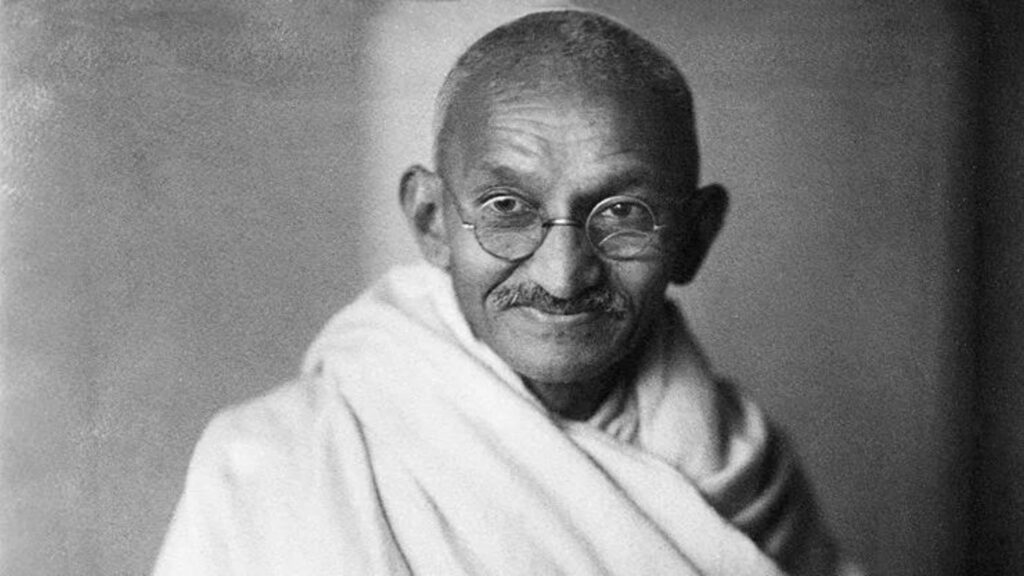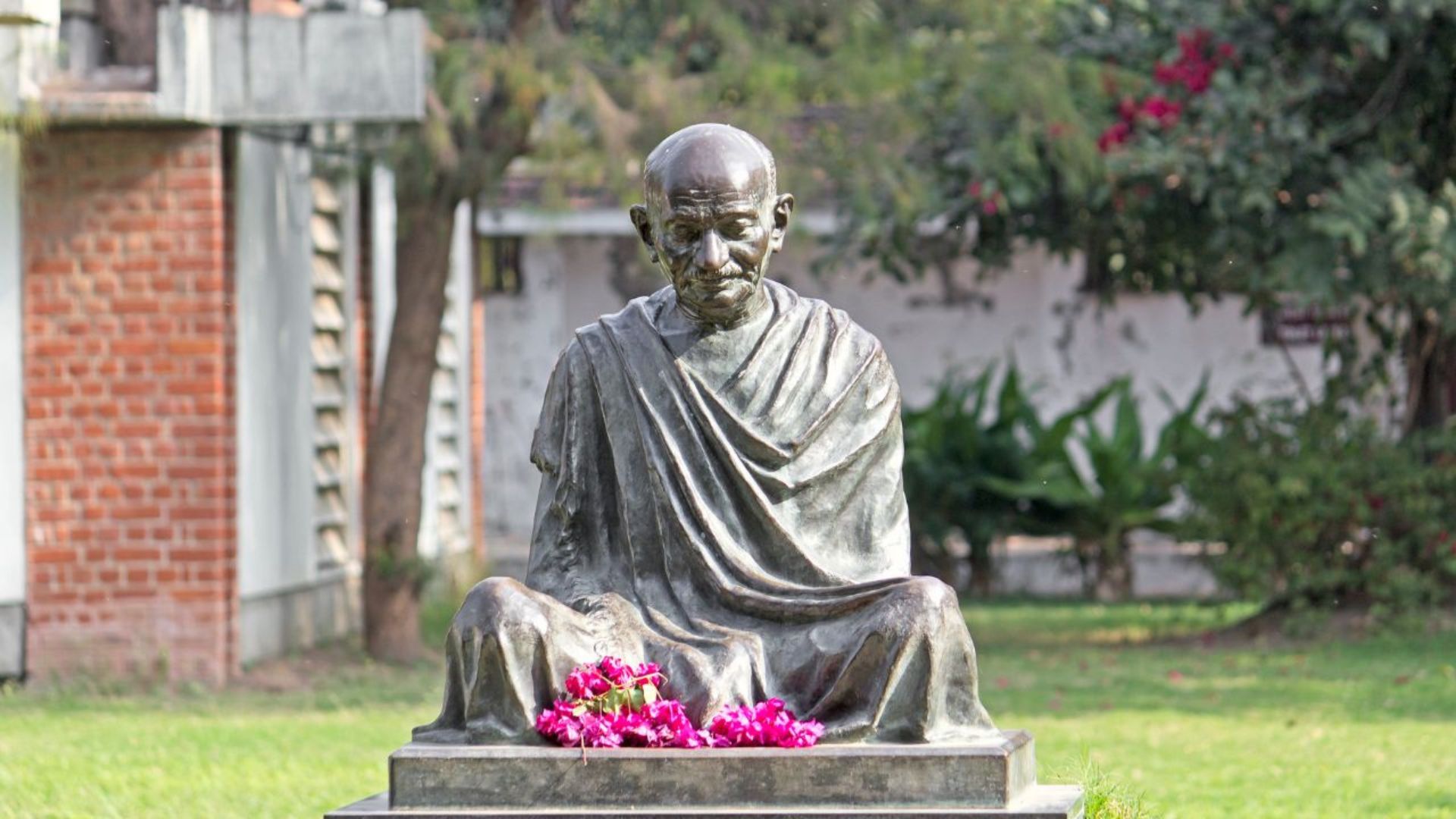Mahatma Gandhi, a name synonymous with India’s struggle for independence, remains one of the most influential figures of the 20th century. His life was a testament to the power of nonviolent resistance and unwavering commitment to truth and justice. Let’s delve into the remarkable life and times of Mahatma Gandhi, tracing his journey from humble beginnings to global prominence.

Early Years and Formative Influences
Mahatma Gandhi, whose full name was Mohandas Karamchand Gandhi, came into this world on October 2, 1869, in the city of Porbandar, Gujarat, India. Right from the beginning, he showed everyone around him qualities that we all admire—honesty, integrity, and compassion. Growing up in a home deeply rooted in Hindu beliefs, Gandhi soaked in the teachings of his religion, which taught him about spirituality and the importance of being morally upright.
When he was a bit older, Gandhi went to London to study law. This was a big deal for him because it was his first time leaving India and going to a foreign country. While in London, he was exposed to different ideas and ways of thinking that were quite different from what he was used to back home. These new experiences broadened his horizons and shaped the way he saw the world.
The Emergence of Mahatma Gandhi
After coming back to India, Gandhi saw firsthand the difficult situation under British rule. He saw how unfair and unjust things were for many people, especially those who were oppressed or treated badly. So, he decided to do something about it. Gandhi became very involved in India’s fight for independence, which means he worked hard to help India become free from British control.
One way Gandhi tried to make a difference was by standing up for the rights of those who were treated unfairly. He spoke out against things like discrimination and unfair laws that hurt people.
Gandhi didn’t just talk about making things better—he took action. He led important movements, like the Non-Cooperation Movement and the Salt March, which were peaceful protests against British rule. During these movements, Gandhi encouraged people to stop cooperating with the British government and to peacefully resist their unfair laws.
Champion of Nonviolent Resistance
Mahatma Gandhi strongly believed that using violence to fight against injustice only creates more problems. Instead, he promoted the idea of nonviolent resistance, which means standing up for what is right without hurting anyone. He famously said, “An eye for an eye only ends up making the whole world blind,” meaning that seeking revenge only leads to more harm for everyone.
Gandhi showed that peaceful protests and civil disobedience can be powerful tools for bringing about change. He used these methods to challenge the unfair rules and laws imposed by the British government in India. Even when faced with violence and oppression, Gandhi and his followers remained peaceful and refused to give in to anger or violence.
Legacy and Impact
Conclusion
In conclusion, the life and times of Mahatma Gandhi serve as a beacon of hope and inspiration for humanity. His unwavering commitment to truth and nonviolence, coupled with his selfless dedication to the welfare of others, exemplifies the power of individual conscience and moral courage. As we reflect on Gandhi’s legacy, let us strive to uphold his ideals and principles in our pursuit of a more just, compassionate, and peaceful world.
